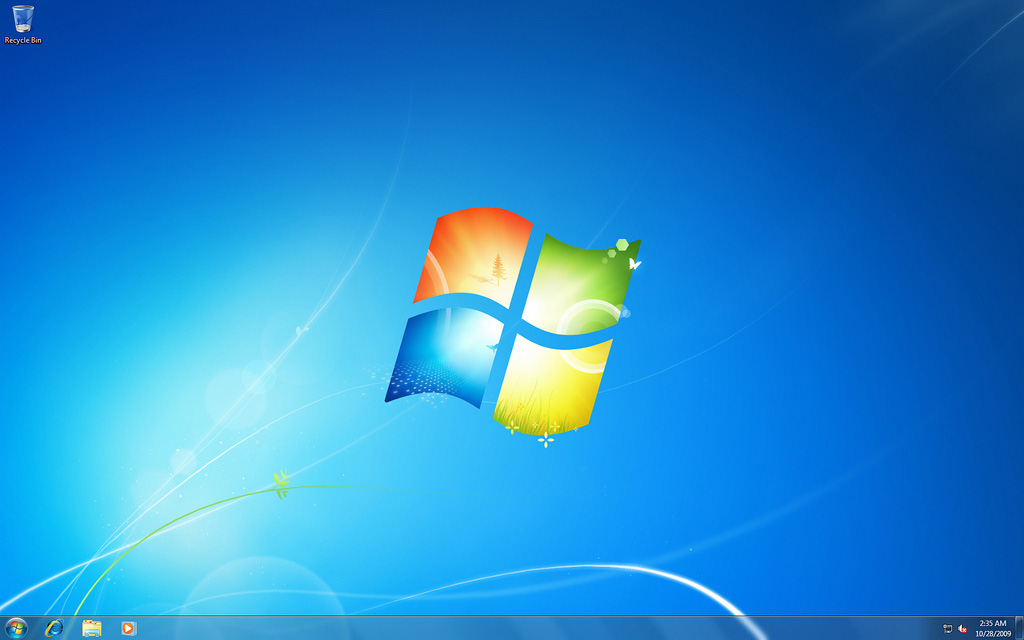Starting in 2020, businesses will have to pay Microsoft for Windows 7 security updates
Another nudge from Microsoft towards upgrading to Windows 10.

Microsoft doesn't want people clinging to Windows 7 the way they did with Windows XP, and it has tried numerous tactics to get people to upgrade to Windows 10. It even made Windows 10 available as a free upgrade for the first year. The freebie offer has long since expired, and for businesses that decide to stick with Windows 7 once support ends in 2020, Microsoft will charge a fee to continue receiving security updates.
"As previously announced, Windows 7 extended support is ending January 14, 2020. While many of you are already well on your way in deploying Windows 10, we understand that everyone is at a different point in the upgrade process. With that in mind, today we are announcing that we will offer paid Windows 7 Extended Security Updates (ESU) through January 2023," Microsoft stated in a blog post.
The extended support package will be sold on a per-device basis. Microsoft didn't say what it will cost, but did mention that the price will go up each year.
To be clear, this is not targeted at home consumers. It's an option that will be available for Windows 7 Professional and Windows 7 Enterprise customers in the Volume Licensing program—businesses, basically. There will also be some sort of discount to customers with Windows software assurance, Windows 10 Enterprise, or Windows 10 Education subscriptions.
For everyone else, support simply ends at the beginning of next year.
"Support for Windows 7 will end on January 14, 2020. Microsoft will no longer provide security updates or technical support for devices running Windows 7 operating systems. That’s why it’s time to make the shift to Windows 10 today," Microsoft says.
This isn't too surprising, given that a similar situation played out with Windows XP. What's interesting, though, is the number of systems that could be impacted by this. According to Net Marketshare, around 40 percent of desktops run Windows 7, compared to just shy of 38 percent running Windows 10. It's almost an even split, if the data is accurate.
Keep up to date with the most important stories and the best deals, as picked by the PC Gamer team.
StatCounter reports a similar figure for Windows 7, pegging the market share at 38.65 percent.
Whatever the actual number is, it appears there are still a lot of Windows 7 PCs out there. It will be interesting to see if the support deadline ultimately bolsters Windows 10's market share.
Paul has been playing PC games and raking his knuckles on computer hardware since the Commodore 64. He does not have any tattoos, but thinks it would be cool to get one that reads LOAD"*",8,1. In his off time, he rides motorcycles and wrestles alligators (only one of those is true).


